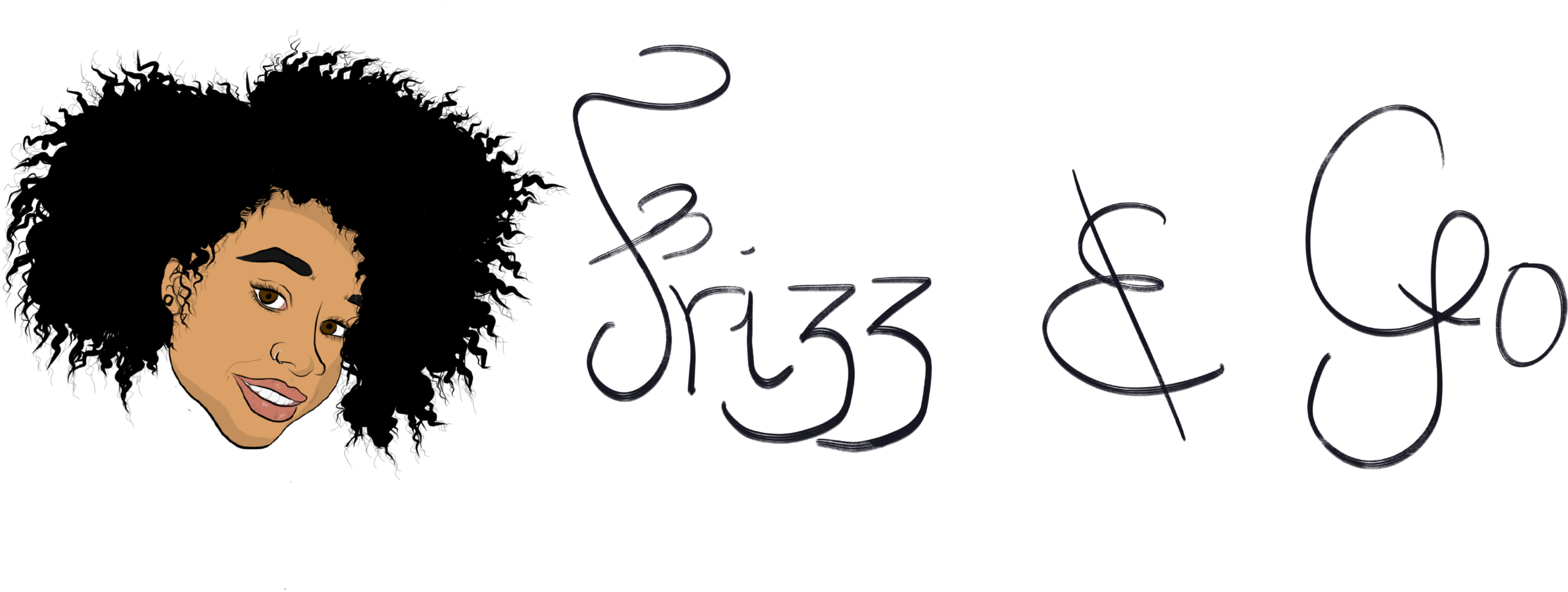Why I Don't Review White Authors
I didn’t even think this would need to become a post but I’m asked this question quite regularly and I’ve got time today. I’ll get real Frizzy, with some Toni Morrison, on you and break down some things.
In the UK publishing industry, 11% of people identify with being BAME (Black, Asian and Minority Ethnic). The UK population is 14%
The main publishers are based in London, a city with a BAME population of 40%. Do the maths with the point above and it doesn’t make sense.
In 2019, when Bernardine Evaristo and Margaret Atwood jointly won the Man Booker Prize, on at least one occasion, in ‘reputable’ media outlets covering the story Margaret was referred to by name and Bernardine called ‘the other author’.
People waited until 2020, when they saw George Floyd, a Black man, getting killed in a video by a white officer to start grabbing books about racism by authors of colour, but predominantly Black authors. I’m not aiming to be a ‘pessimistic Patricia’ but excuse me for thinking it’s absolutely wild to not have noticed these authors until then!
I don’t even like the term POC (People Of Colour), but authors of colour have been writing for years. Some about racism and their personal experiences, but many also just writing litty books across a variety of genres that have zero focus on their race. Those are the books that don’t get the biggest promo and push. It often appears that if people of colour aren’t writing about racial injustices their literary voices aren’t important. I’ve heard people talk about authors of colour as “the Asian/Arab/Black version of inserts *white authors name*. Put some respect on their names. Reel off 5 authors from the top of your mind… It’s not for my benefit, I just want you to think about the authors you have been exposed to.
“This might be the most important sentence yet but… I don’t review white authors because whiteness is not my norm.”
In 1998 Toni Morrison made the sweetest point when asked in an interview when she was going to ‘substantially’ write about white characters. I’ve never come across an interview where a white author has had to defend their character and setting choices. It seemed that the interviewer, a white woman, was so surprised that a Black woman had found success in her lane. It’s not about playing devil’s advocate, it’s just so cheeky and comes from a high mountain of privilege. Check yo’ self, before yo’ wreck yourself!
If there ever was that question to direct at someone I’d like American author, Kathryn Stockett, to answer it. She’s the author of the popular novel The Help. The book is based in 1960s Mississippi and focuses on African Americans working in white households. Full disclosure I actually enjoyed the book, but I definitely felt funny when I found out after reading the book that she was a white author. I then found out she was sued by her brother’s nanny because the nanny felt that her likeliness was used in the book with things matching her in many details. The nanny was left feeling humiliated by the book. The main character’s name was near enough the same as the nanny’s.
Bringing things back to 2020, during England’s first lockdown I interviewed newly published author, Afshan D’Souza-Lodhi. She’s an award-winning poet and playwright of South Asian heritage. We discussed her debut poetry collection and she explained the micro-aggressions and flat out aggressions she faced when trying to get her collection published. A lot of it stemmed down to the issue that because of the lack of diversity across publishing she had to fight and defend cultural elements in her collection. Things like her decision to leave uppercase letters out of her title cover whilst paying homage to her Urdu language was a battle. She was then asked to produce a bibliography so people could understand the meaning of certain words. It jumps straight to the assumption that South Asian people couldn’t have been her given target market. Playing into the stereotype that people of colour are not readers and do not provide readerships.
I, like the majority of people in places like England, have read predominantly white authors for 20 plus years. This isn’t just leisure, it also includes pretty much all my academic education. No one asked me during those years why I read so many white authors. It was only when I stumbled across a few books by Dorothy Koomson, seeing Black girls on the cover and reading about characters with undisputed brown skin that I woke up, no pun intended, to a world of colour.
Curiosity got the better of me, so last year I did review a white author, Robin Diangelo. I couldn’t resist the title White Fragility. I also thought it could potentially be relevant for my readers, spilling some tea on conversations/thoughts that were otherwise not accessible.
This might be the most important sentence yet but… I don’t review white authors because whiteness is not my norm. At first, I consciously sought out Black authors, now it’s second nature. And I do my research when grabbing books from other authors of colour. In the western world that institutionally doesn’t support the thriving and excellence of Black people, I will pay my coins and cheerlead major time. The statistics show you, that right about now these diversity schemes and initiatives have made minimal changes so I do my effort to champion authors of colour. And I make no apology for it!

